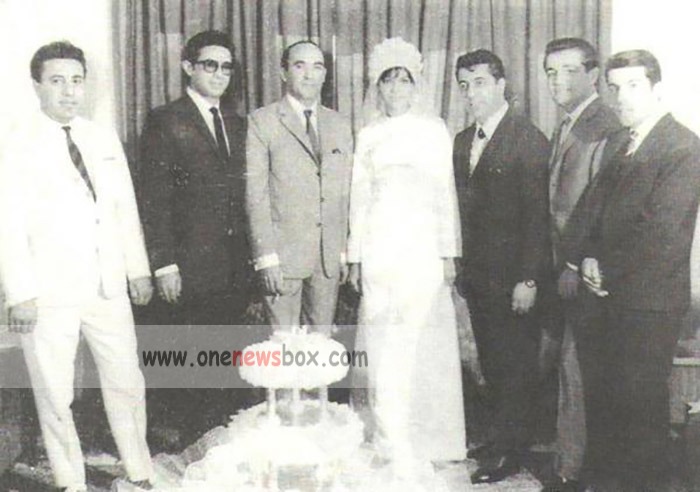The decisive turn in Golpa’s career came in 1959, when Davud Pirnia, the visionary behind the Golha (Flowers) radio programs, invited him to perform. Radio was the dominant medium of the era, and Golha had revolutionized Iranian music by blending classical poetry, narration, and music in sophisticated productions.
For the next 17 years, Golpa was one of the central voices of Golha, recording for its various segments:
-
Golha-ye Javidan (Everlasting Flowers)
-
Barg-e Sabz (Green Leaf)
-
Golha-ye Rangarang (Multicolored Flowers)
-
Yek Shaq-e Gol (A Branch of Flower)
-
Golha-ye Taze (Fresh Flowers)
His performances, always purely vocal without reliance on theatrical gimmicks, became models of how Persian poetry and music could be united. Songs such as his renditions of ghazals by Hafez, Saadi, and Shahriar brought classical Persian literature into the hearts of ordinary Iranians.
However, the late 1960s and 1970s also brought tensions. When Houshang Ebtehaj (H. A. Sayeh) became director of Radio Iran’s music division, he shifted focus toward younger musicians like Mohammad Reza Shajarian and Mohammad Reza Lotfi, emphasizing austere radif performances over the lush orchestrations favored by Golha veterans.
Golpa and his peers—including Jalil Shahnaz, Farhang Sharif, Parviz Yahaghi, and Habibollah Badiei—felt marginalized. Golpa famously accused Ebtehaj’s circle of seeking to “destroy the Golha program.” He later recalled that they even asked established masters to “take exams” in radif knowledge, a move he considered deeply insulting. While some musicians withdrew into silence after the 1979 revolution, Golpa remained outspoken, lamenting what he saw as the loss of creativity and innovation fostered by earlier giants like Ruhollah Khaleghi and Ali Tajvidi.
Acting Career: The Man with the Golden Throat
In 1968, Golpa extended his fame beyond radio by starring in the film The Man with the Golden Throat, directed by Mehdi Misaghieh. The movie showcased his life and music, branding him with the title that would stay with him for the rest of his life: “The Golden Throat of Iran.”
His appearance in cinema allowed a wider audience—especially younger generations less attuned to classical music—to experience his artistry. While he did not pursue acting as a career, the film solidified his cultural stature.

